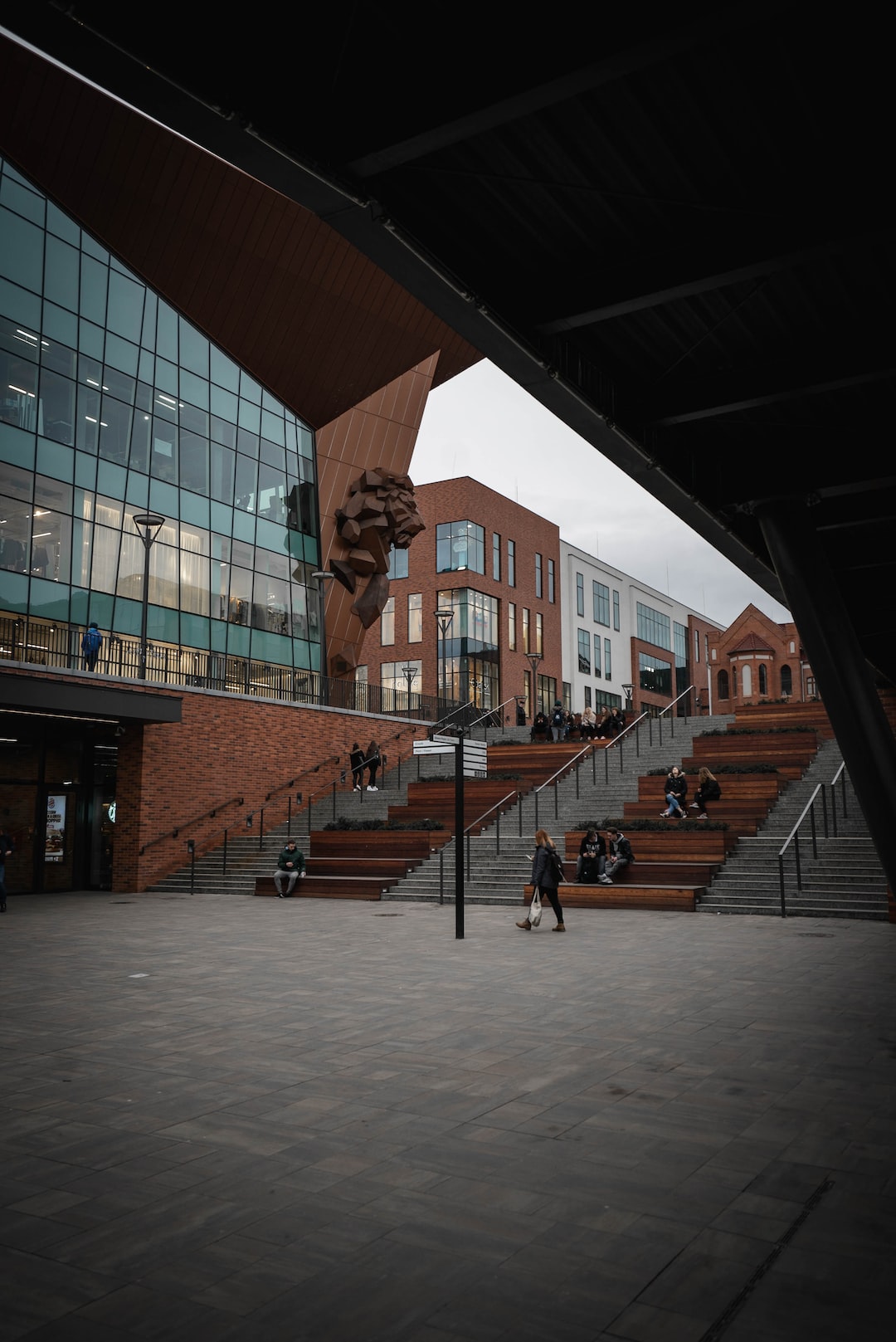What to Look for When House Hunting
House hunting can be an exciting but overwhelming process. With so many factors to consider, it’s important to have a clear idea of what you’re looking for before embarking on your search. From location to amenities, here are a few key things to keep in mind when house hunting.
1. Location
Location is perhaps the most important aspect to consider when purchasing a house. Think about your daily commute, access to amenities, and the overall appeal of the neighborhood. Are you looking for a quiet suburban area or a bustling city center? Consider the proximity to schools, hospitals, parks, shopping centers, and public transportation. Remember, a great house in a bad location may not be the best investment.
2. Space and Layout
The size and layout of a house can greatly impact your day-to-day living. Take into account your current and future needs. How many bedrooms and bathrooms do you require? Do you need an office or a playroom? Consider the flow of the house, ensuring it suits your lifestyle. Visualize how your furniture will fit in the rooms and whether the overall layout is practical for your needs.
3. Condition of the Property
While it’s true that some properties may require a bit of work, consider your budget and whether you are willing to deal with renovations. Take a close look at the overall condition of the house, including its foundation, roof, plumbing, and electrical systems. A thorough home inspection is crucial to identifying any potential issues that may arise in the future, so don’t skip this step.
4. Natural Light and Ventilation
Natural light can greatly enhance the overall atmosphere of a house. Pay attention to the placement and size of windows in each room. A well-lit house not only adds visual appeal but also has several health benefits. Additionally, proper ventilation is vital to maintaining a comfortable and healthy living environment. Look for windows, vents, and other airflow sources.
5. Outdoor Space
Consider the amount and functionality of the outdoor space. Do you have a green thumb and want space for gardening? Do you have young children who would benefit from a backyard? Think about how you intend to use the outdoor space and whether the property offers the potential for any desired future improvements, such as a patio or swimming pool.
6. Safety and Security
Feeling safe and secure in your new home is crucial. Research the safety record of the neighborhood and inquire about any security measures in place, such as security systems or gated communities. Consider factors such as street lighting, proximity to emergency services, and the quality of locks on doors and windows. Safety should always be a top priority.
7. Cost and Affordability
Before you start your house hunt, establish a budget and stick to it. Determine how much you’re willing to spend and factor in additional costs such as property taxes, homeowner’s insurance, and maintenance expenses. Don’t forget to consider your future financial goals and whether the property’s price aligns with your plans. It’s always a good idea to get pre-approved for a mortgage to have a clear understanding of your purchasing power.
8. Future Potential
When house hunting, it’s crucial to think long-term. Consider how the property’s potential may affect its value in the future. Look for factors such as upcoming development plans, zoning regulations, and the overall growth potential of the area. While you may not be thinking of selling right now, having a property with future value can be a wise investment.
In conclusion, house hunting requires a balance between practicality and personal preferences. By considering these key factors, you can make a well-informed decision and find the perfect home for you and your family. Remember to take your time, ask questions, and seek professional advice throughout the process. Good luck on your house hunting journey!

